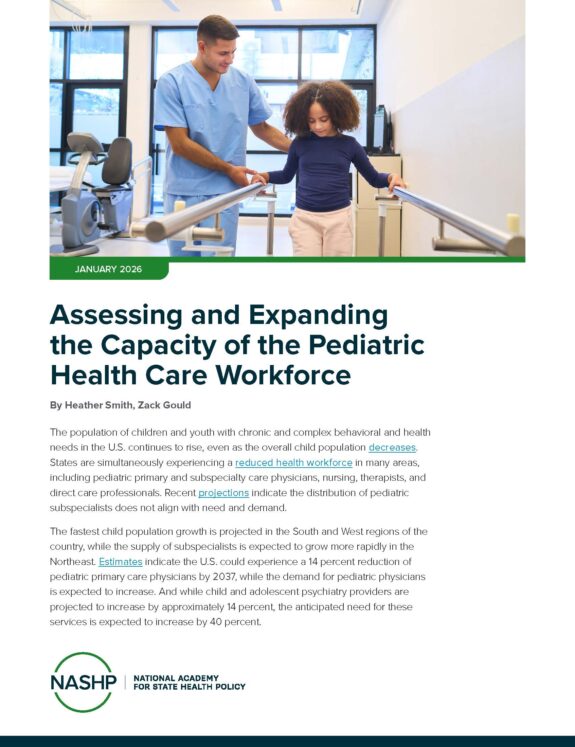Status Complexicus? The Emergence of Pediatric Complex Care
Discourse about childhood chronic conditions has transitioned in the last decade from focusing primarily on broad groups of children with special health care needs to concentrating in large part on smaller groups of children with medical complexity (CMC). Although a variety of definitions have been applied, the term CMC has most commonly been defined as children and youth with serious chronic conditions, substantial functional limitations, increased health and other service needs, and increased health care costs.
The increasing attention paid to CMC has occurred because these children are growing in impact, represent a disproportionate share of health system costs, and require policy and programmatic interventions that differ in many ways from broader groups of children with special health care needs. But will this change in focus lead to meaningful changes in outcomes for children with serious chronic diseases, or is the pediatric community simply adopting terminology with resonance in adult-focused health systems?
This article explores the implications of the rapid emergence of pediatric complex care in child health services practice and research. As an emerging field, pediatric care systems should thoughtfully and rapidly develop evidence-based solutions to the new challenges of caring for CMC, including (1) clearer definitions of the target population, (2) a more appropriate incorporation of components of care that occur outside of hospitals, and (3) a more comprehensive outcomes measurement framework, including the recognition of potential limitations of cost containment as a target for improved care for CMC.
Related Webinar: The lead author and experts in the field review the article’s key content and share thoughts on the implications of its recommendations.
This article is part of a supplement to Pediatrics entitled, “Building Systems that Work for Children with Complex Health Care Needs.”

